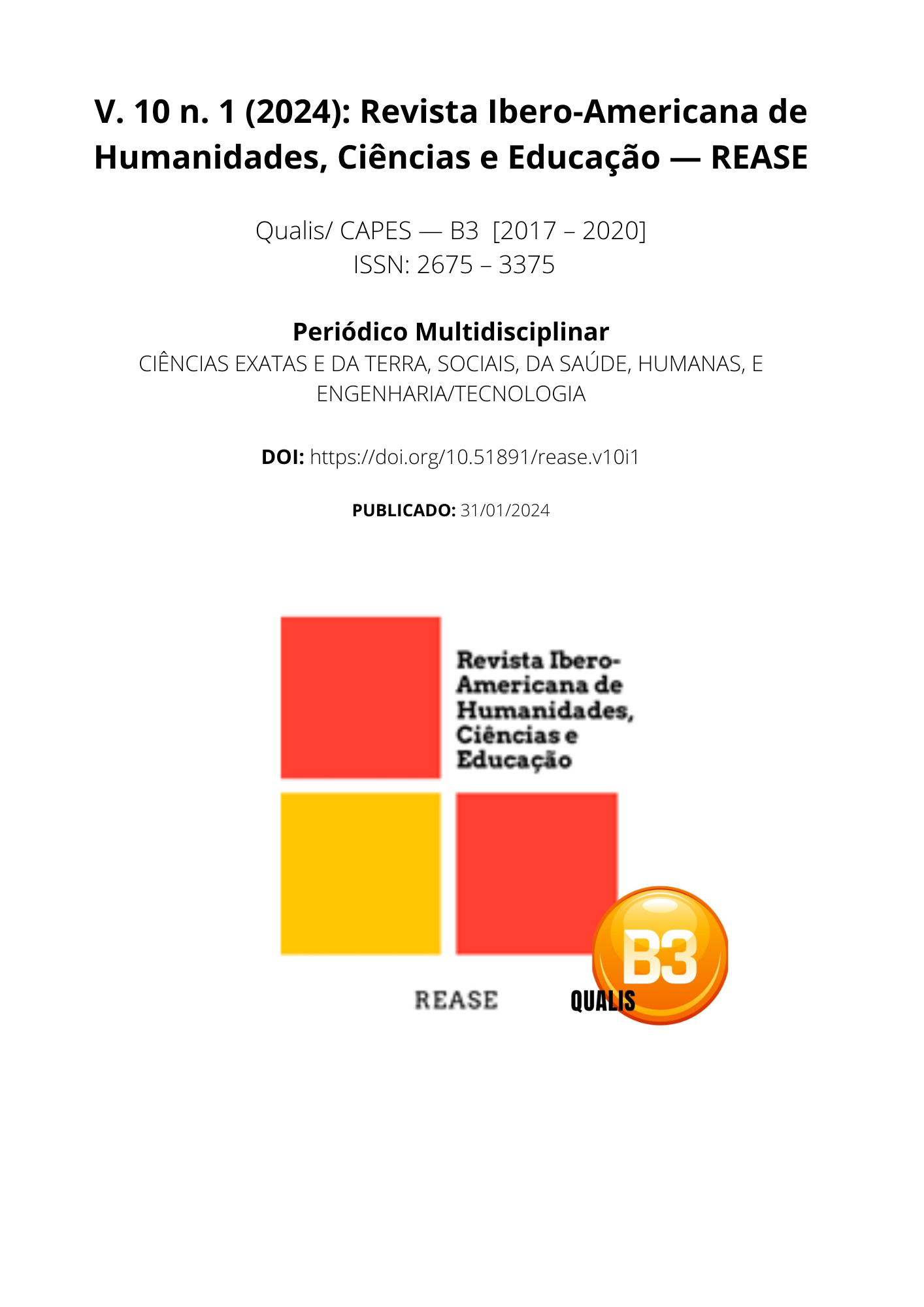JOUBERT SYNDROME REFLEXES IN AN ADULT PATIENT: A CASE REPORT
DOI:
https://doi.org/10.51891/rease.v10i1.13002Keywords:
Cerebral palsy. Cerebellar ataxia. Quality of life. Joubert Syndrome.Abstract
Joubert Syndrome is characterized as a genetic condition that compromises neurodevelopment, provoking cerebellar hypoplasia, resulting in Ataxic Cerebral Palsy. The present study aims to report the case of a patient with it, quantifying his motor weakness and identifying the implications that the disease brought to his life. For data collection, the patient's clinical follow-up records were analyzed, and the International Cooperative Scale for the Assessment of Ataxias (ICARS), the Gross Motor Function Measurement (GMFM) and the Gross Motor Function Classification System (GMFCS) were applied to objectively define the degree of impairment presented by the patient. As a result, it was identified that the patient under analysis presented significant delays in his neuropsychomotor development, notably regarding axial motor control, considering that he only acquired cervical control at 4 years of age and was able to walk at 8 years. In his most recent physical examination, impaired motor coordination capacity was identified, as well as ophthalmoparesis. Regarding the patient's current state of life, the patient was found to be enabled to establishing intimate relationships, and to living without a companion to help him with his daily tasks, as well as incapable of maintaining a steady work activity. The GMFM scale scored his weakness at 77.32%, with level I on the GMFCS, while his degree of ataxia was 36/100 on the ICARS. Neuroimaging identified the Molar Tooth Sign. The study concluded that Joubert Syndrome brought physical impairments to the patient, but also prevented him, in adult life, from carrying out expected activities, such as working, starting a family, and living alone. Furthermore, the importance of diagnosis and early physiotherapeutic treatment for the neurodevelopment of patients affected by the syndrome was noted, being an onset point for a better evolution of their motor skills and a lesser impact on their quality of life.
Downloads
Downloads
Published
How to Cite
Issue
Section
Categories
License
Atribuição CC BY

